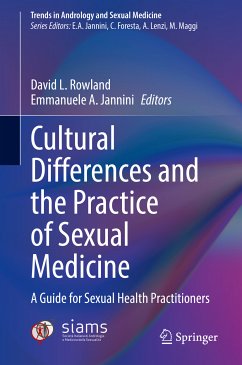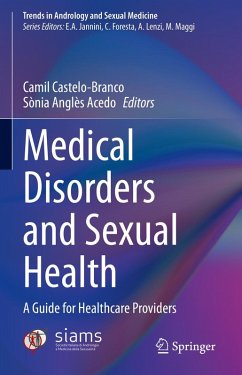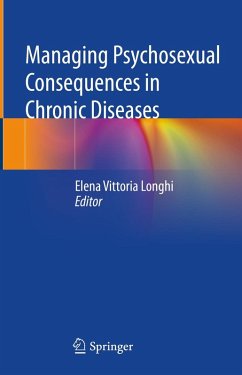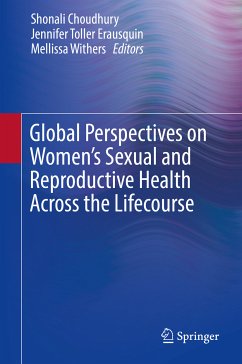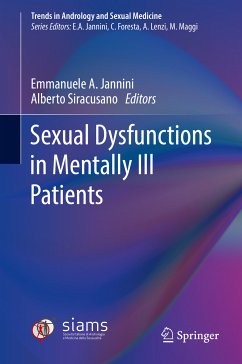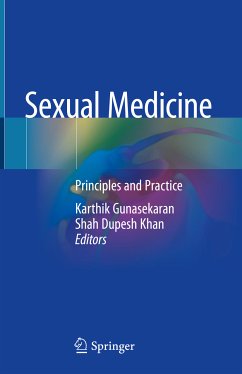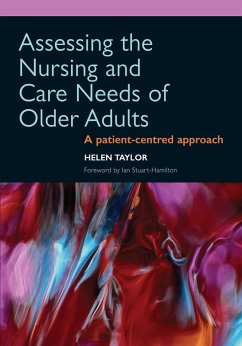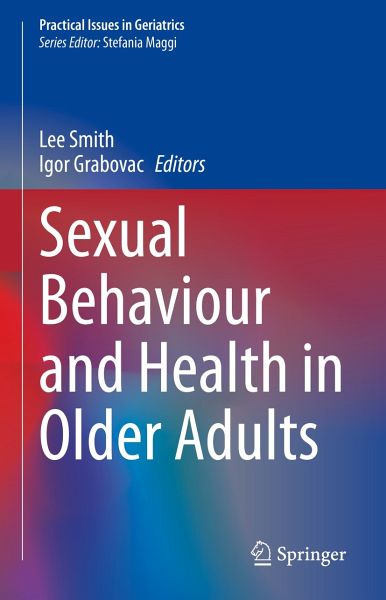
Sexual Behaviour and Health in Older Adults (eBook, PDF)
Versandkostenfrei!
Sofort per Download lieferbar
72,95 €
inkl. MwSt.
Weitere Ausgaben:

PAYBACK Punkte
36 °P sammeln!
This book provides a comprehensive overview for those interested in research and promoting sexual health in older people, as well as a "go-to" guide on the topic of sexual behaviour in older adults.Sexual activity is an essential part of intimate relationships, though it tends to decline in frequency as people grow older. Nevertheless, for many older people, sex still remains an important part of their life. There's a common misconception that as people age, they lose their interest in sex and capacity for sexual behaviour. This is not the case, as a number of national surveys show.The new res...
This book provides a comprehensive overview for those interested in research and promoting sexual health in older people, as well as a "go-to" guide on the topic of sexual behaviour in older adults.
Sexual activity is an essential part of intimate relationships, though it tends to decline in frequency as people grow older. Nevertheless, for many older people, sex still remains an important part of their life. There's a common misconception that as people age, they lose their interest in sex and capacity for sexual behaviour. This is not the case, as a number of national surveys show.
The new research presented here indicates that the less sex older people have, the more likely they are to experience mental and physical health problems. Men and women who reported a decrease in the frequency of sexual activities were also more likely to report a deterioration in self-perceived health. Additionally, men with erectile dysfunction were also more likely to be diagnosed with cancer or coronary heart disease. This research has also determined that older adults who experience a decline in sexual activity report poorer well-being than those who maintain their levels of sexual desire, activity and function in later life, and that men who remain sexually active in later life continue to have better cognitive performance compared to those who don't. Despite these health benefits, medical professionals do little to promote sexual activity in older adults, and the literature suggests that there is a lack of knowledge on how to approach the subject and how to promote such activities.
This is the first comprehensive book specifically exploring all areas of sexual behaviour and health in older adults, and drawing on the latest research in this area. It offers a valuable resource for researchers and clinicians in various health fields (medicine, nursing, occupational therapy, psychology, public health, etc.), as well as students in undergraduate and graduate programs.
Dieser Download kann aus rechtlichen Gründen nur mit Rechnungsadresse in A, B, BG, CY, CZ, D, DK, EW, E, FIN, F, GR, HR, H, IRL, I, LT, L, LR, M, NL, PL, P, R, S, SLO, SK ausgeliefert werden.




